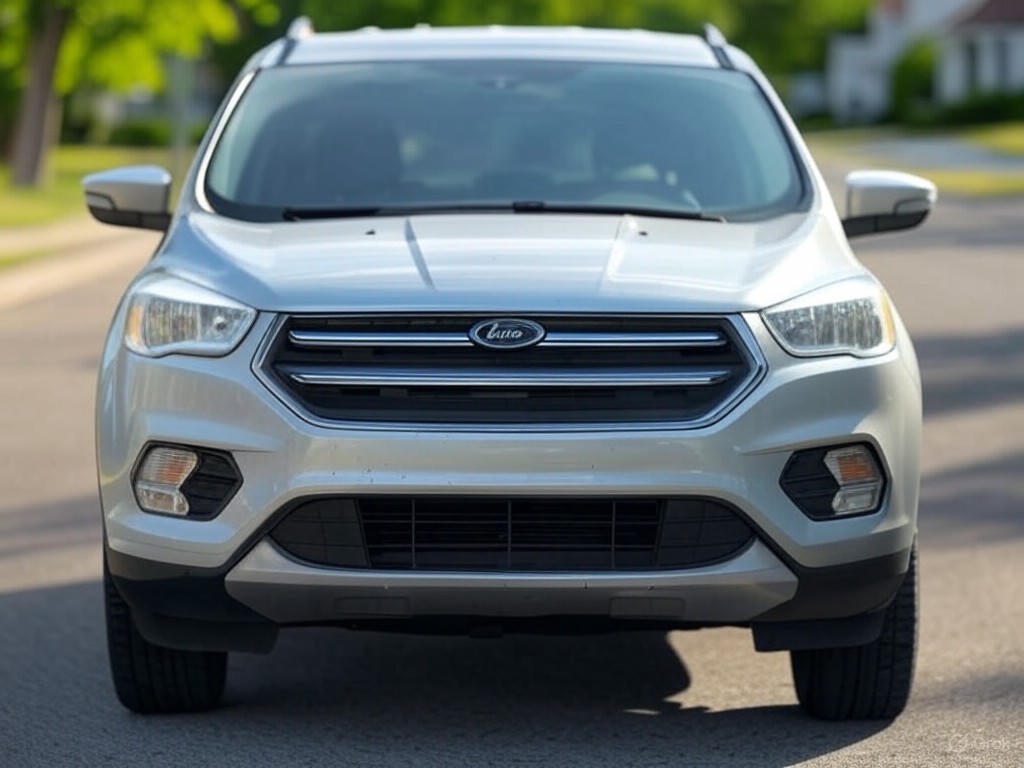Ford Issues Major Recall for Lincoln SUVs Over Safety Concerns
In a significant move to ensure driver safety, Ford has announced a recall of over 130,000 Lincoln Aviator SUVs due to a critical defect that could pose serious risks on the road. The recall targets vehicles manufactured between 2020 and 2025, specifically 132,914 units of the luxury Lincoln Aviator model. According to the automaker, certain components in these vehicles may not be properly secured, creating the potential for parts to detach during operation. This alarming issue could lead to loss of vehicle control or create hazardous conditions for other motorists if debris falls onto the road.
The problem stems from a manufacturing oversight where specific fasteners or clips may not have been tightened to the required specifications during assembly. While Ford has not disclosed the exact nature of the loose parts, the company emphasized that the defect could compromise the structural integrity of key systems. Owners of the affected vehicles are urged to remain vigilant for unusual noises, vibrations, or handling issues, which could serve as early warning signs of the problem. Ford has committed to addressing the issue at no cost to customers, with repairs involving a thorough inspection and replacement of any faulty components. Dealerships across the country are being prepared to handle the influx of vehicles, and Ford is actively reaching out to registered owners via mail and email to schedule appointments.
This recall comes at a time when automakers are under increasing scrutiny to uphold stringent safety standards. For Ford, a brand with a storied history in the automotive industry, maintaining consumer trust is paramount. The Lincoln Aviator, positioned as a premium SUV, is a flagship model for the company’s luxury division, and any quality concerns could impact its reputation in a highly competitive market. Industry analysts suggest that while the recall is a setback, Ford’s proactive approach in identifying and resolving the issue demonstrates a commitment to customer safety. However, the scale of the recall—spanning multiple model years—raises questions about quality control processes during production. Some experts believe that this could prompt Ford to reevaluate its supply chain and assembly protocols to prevent similar issues in the future.
For affected Lincoln Aviator owners, the immediate priority is ensuring their vehicles are safe to drive. Ford has set up a dedicated hotline and online portal to assist with recall inquiries, and the company advises against operating the vehicle if any irregularities are detected until it can be inspected. As the recall process unfolds, Ford is expected to provide updates on the progress of repairs and any additional findings related to the defect. This incident serves as a reminder of the importance of rigorous testing and oversight in the automotive sector, where even minor flaws can have major consequences. Ford’s swift response may help mitigate long-term damage, but it underscores the ever-present challenges of maintaining perfection in mass production.


